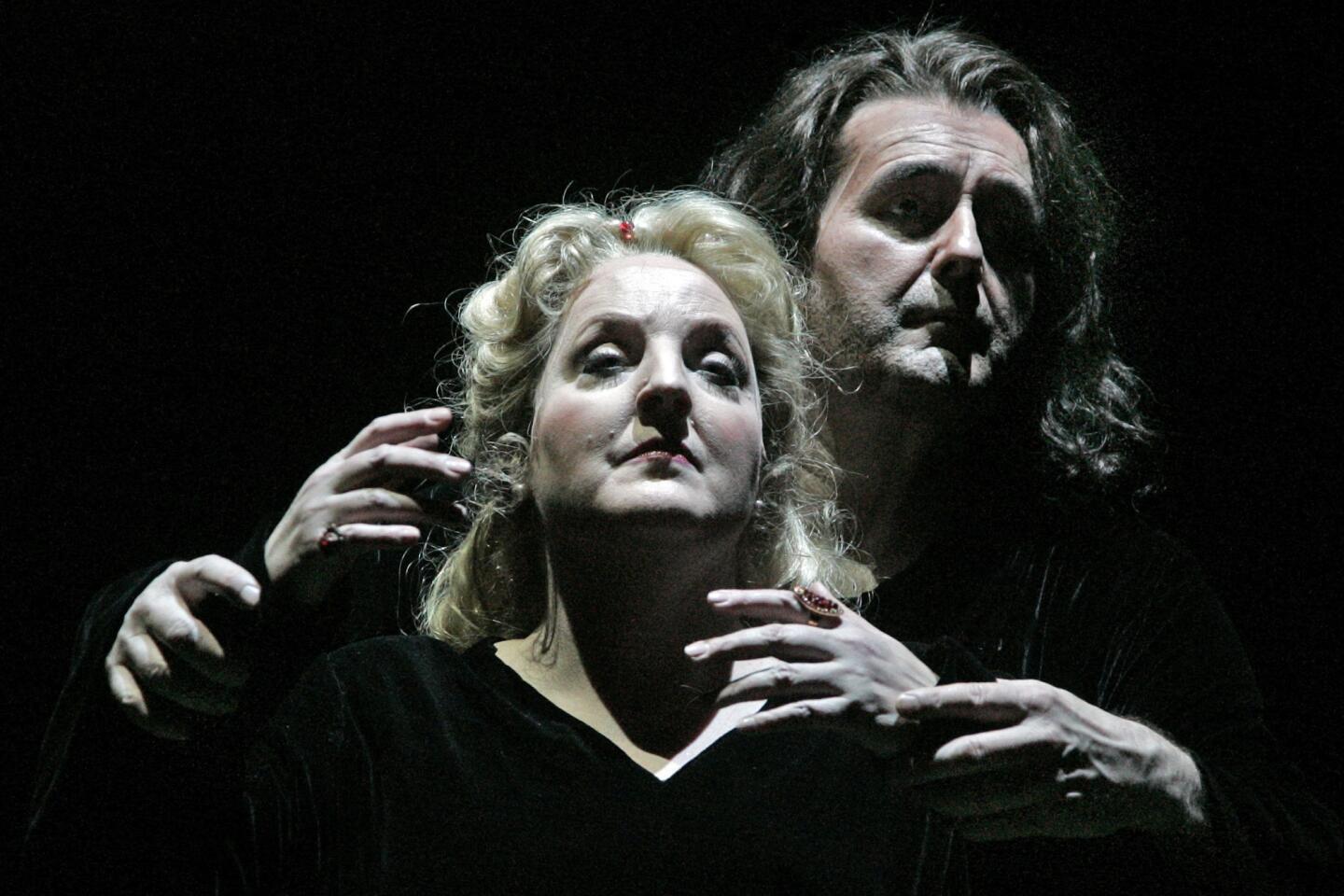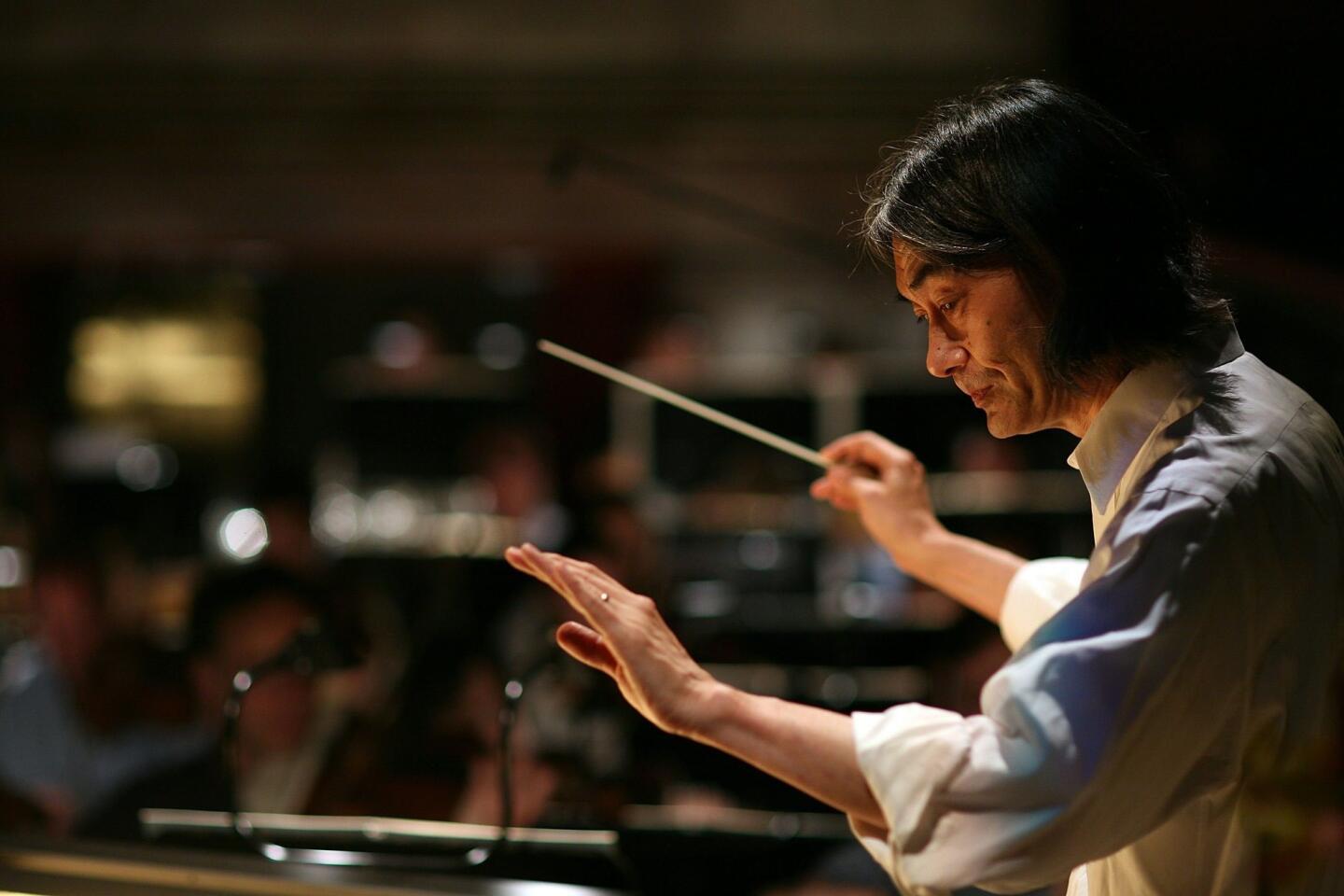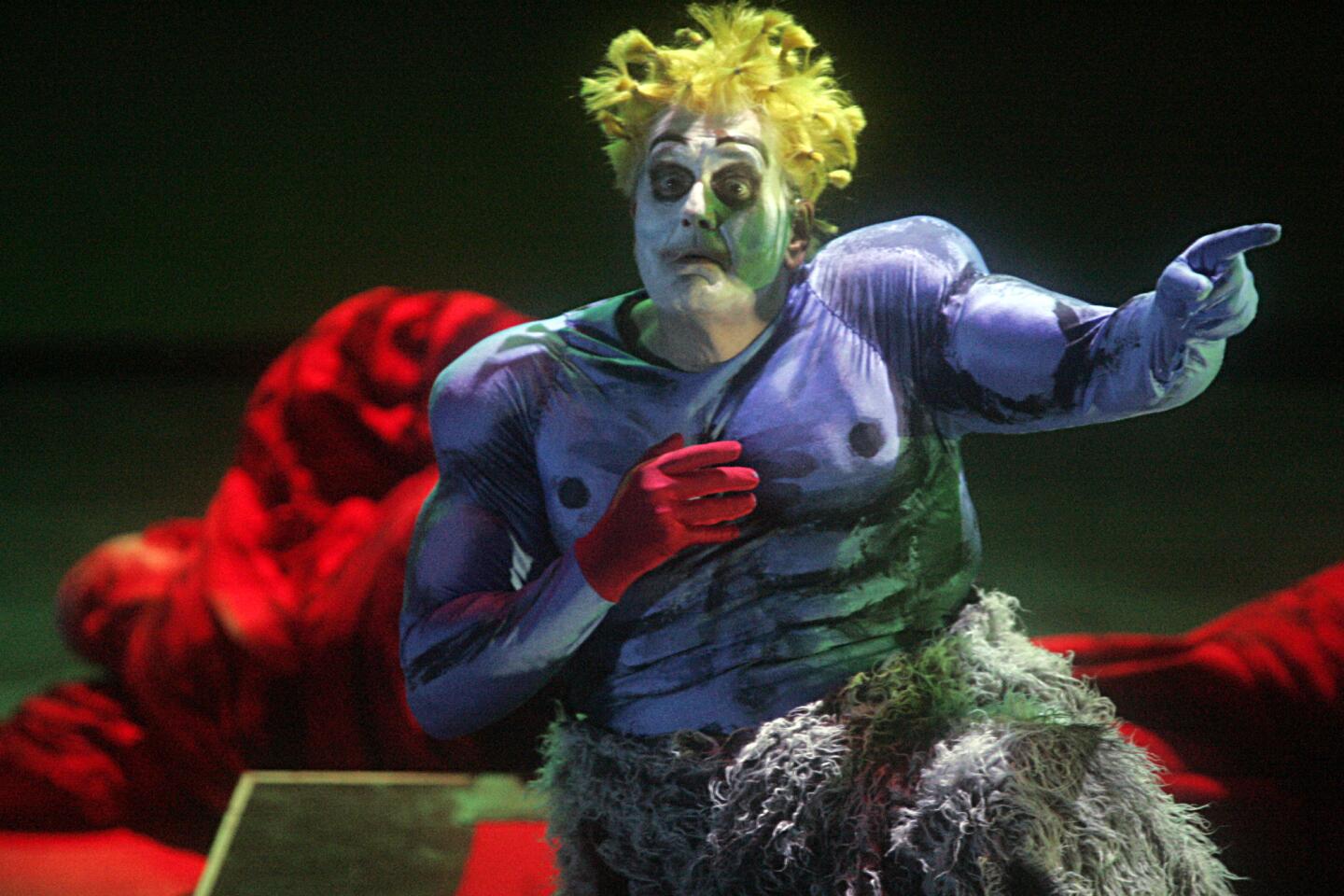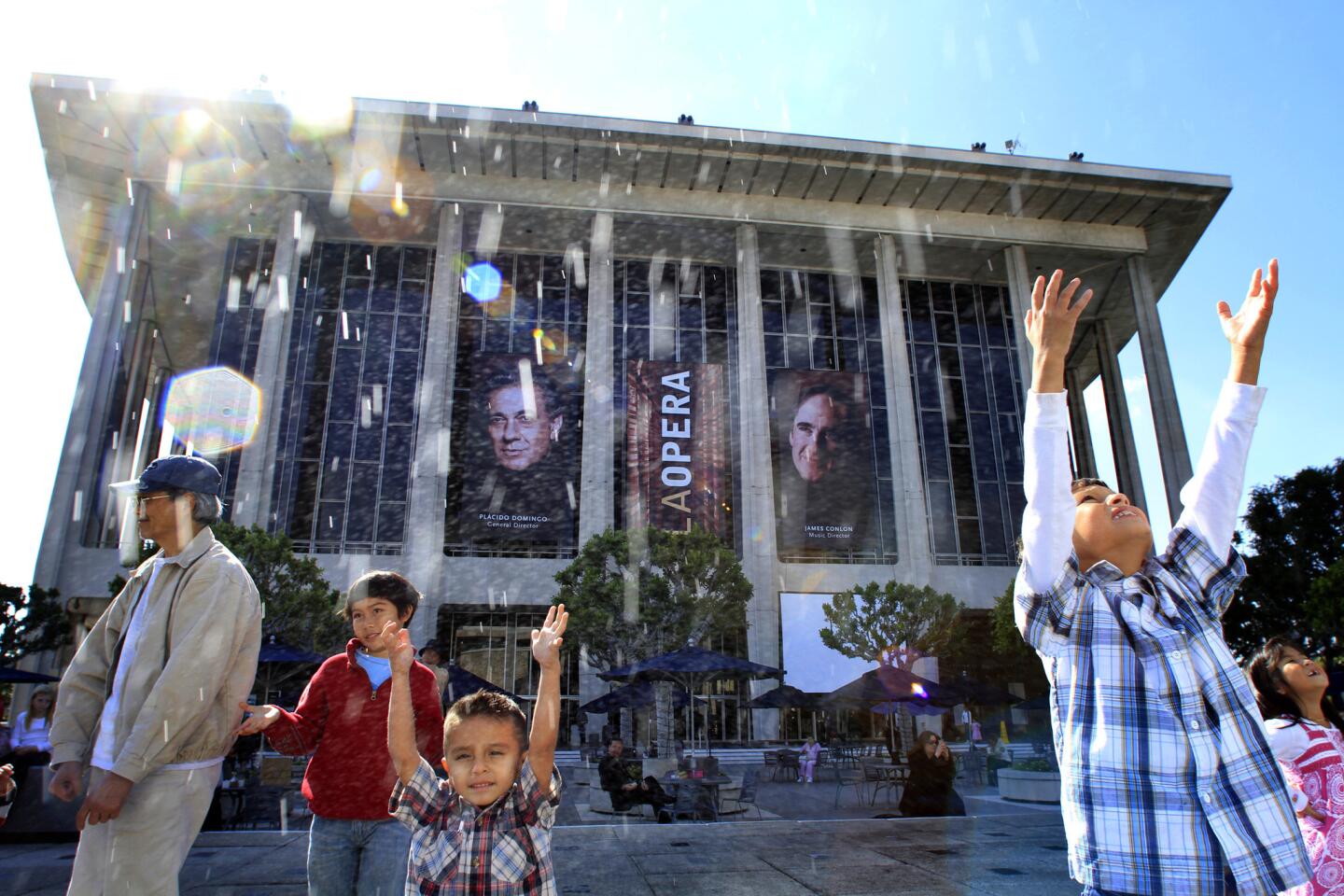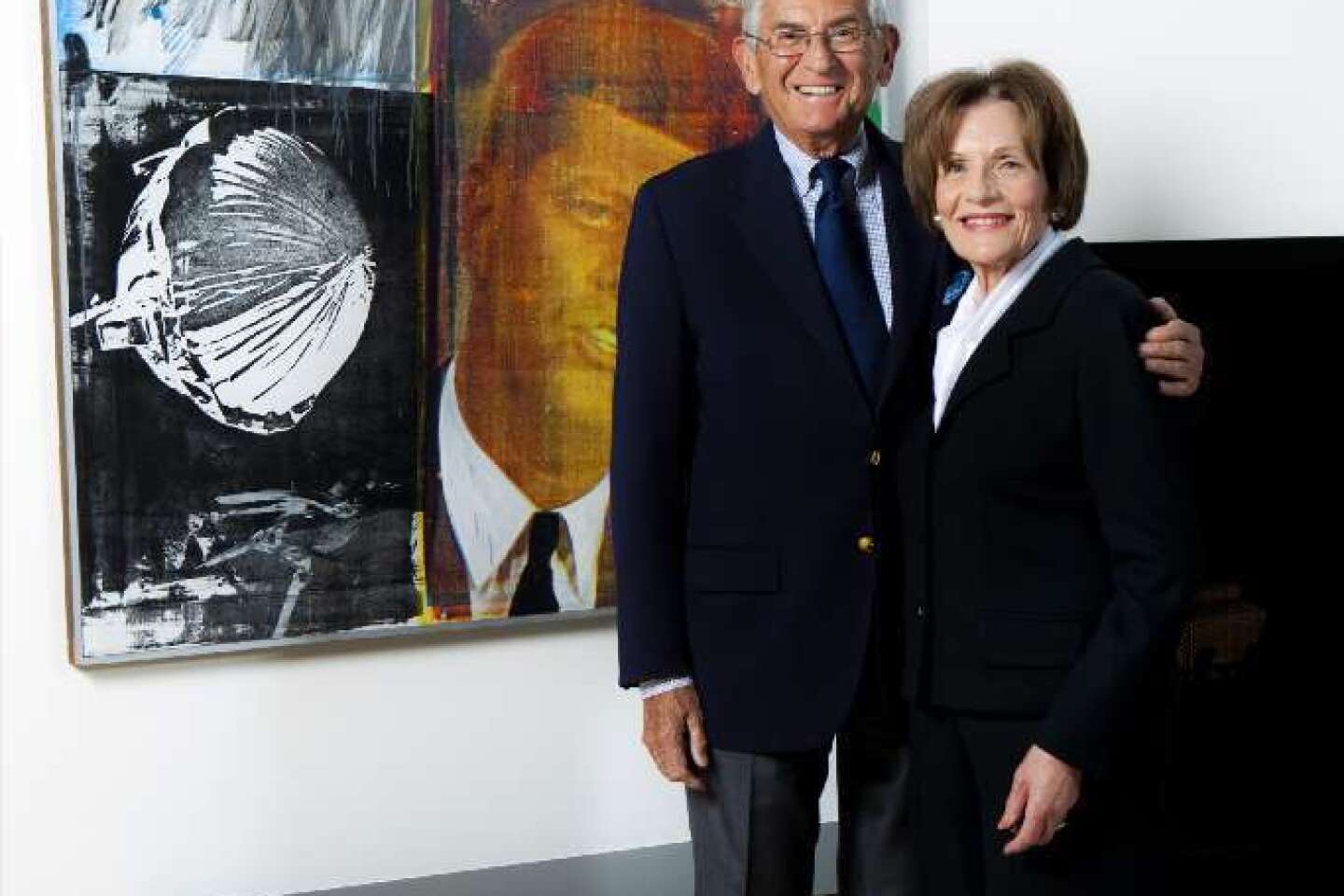Charles Lloyd’s tangents are pure jazz
- Share via
Charles Lloyd was recounting his early days as a musician and the wisdom imparted to him by the late trumpeter Booker Little when he abruptly apologized for drifting off topic. “Pardon me for telling you this story,” he said, speaking by phone from his house in the hills above Santa Barbara. “I live in the wilderness, and I don’t edit so well.”
No apology necessary. The saxophonist, 75, has a built a career on rewarding tangents, building a body of work that’s helped shape the sound of jazz from the ‘60s into the new millennium.
“Hagar’s Song,” a 2013 duet recording with Lloyd and pianist Jason Moran, is sure to land on many year-end lists, and his recent output carries the adventurous drive of an artist half his age. Among the highlights are a live album featuring his quartet joined by the operatic contralto of Greek vocalist Maria Farantouri, a two-disc collection of duets with his late friend and drummer, Billy Higgins, and the side-project Sangam, which features Indian tabla wizard Zakir Hussain.
CRITICS’ PICKS: What to watch, where to go, what to eat
For Lloyd’s latest diversion, he’ll be backed by his regular rhythm section Friday at UCLA, and joined by Americana-dusted guitarist Bill Frisell. “He had always been in the wings,” Lloyd said of how this collaboration first came together. “There’s some guys that zero in on me over my life. I’ve got some miles on the chassis, you know.”
Lloyd grew up in Memphis listening to artists like Jimmy Lunceford, Howlin’ Wolf and Duke Ellington, and he eventually fell under the spell of Billie Holiday. “She was singing only to me, you know,” he said. “I was a little kid and I couldn’t wait to get to New York to marry her and give her the long winding driveway and stuff.”
The aspiring artist was mentored by pianist Phineas Newborn Jr., before leaving home to study music at USC. Lloyd went on to perform in landmark bands led by Gerald Wilson, Chico Hamilton and Cannonball Adderley before forming a powerhouse group of his own with Jack DeJohnette, Keith Jarrett and Cecil McBee in the mid ‘60s. That ensemble exploded in 1968 with the live album “Forest Flower,” which sold more than a million copies.
CHEAT SHEET: Fall arts preview
The resulting success found Lloyd keeping company with the Grateful Dead and Jefferson Airplane at a number of concerts that included San Francisco’s storied Fillmore. With life in the fast lane and its attendant temptations surrounding him, Lloyd was soon drawn toward another new tangent in the ‘70s: Silence.
“I took off for Big Sur. Because I needed more isolation to do the deep work,” Lloyd said of a period of semi-retirement that lasted into the ‘80s. “I kind of lost count of things.
“Focus got a little bleary. So at a certain point I had to bust myself, and fortunately I did it myself. I’ve always had that spiritual guide.”
That influence is reflected in Lloyd’s music with a reflective, almost devotional tone that’s apparent on comeback albums on ECM (recently reissued in the “Quartets” box set) and his more recent output. Built on a bed of delicate piano and a soothing bass drone, “Tagi,” from the 2010 album “Mirror,” opens with Lloyd reciting a passage from the Bhagavad-Gita in a meditative reflection of his study of the Eastern religious philosophy Vedanta.
PHOTOS: Arts and culture in pictures by The Times
“That’s why we’re here, the spiritual life,” Lloyd said. “See, my thing is I found out that nobody gets out of here alive. I haven’t seen anybody pull that off yet. So I thought I’d better do some research.”
Along with his internal exploration, Lloyd doesn’t shy from addressing the larger world. Anchoring “Hagar’s Song” amid lush covers paying tribute to former collaborators the Beach Boys and the late Levon Helm is the five-part “Hagar Suite,” a stirring, shape-shifting work inspired by his great-great-grandmother’s journey as a slave. Years ago, Lloyd was also one of the few artists to address the aftermath of Sept. 11 with the elegiac two-disc album “Lift Every Voice,” which was released in 2002.
“Well, somebody’s got to do it,” said Lloyd, who was in Greenwich Village on the day of the attacks. “I feel that the elders, they all gave me something and I stood on their shoulders. It’s incumbent upon us coming along now to sing the song, because the song is eternal.”
In addition to Friday’s show at Royce Hall (“Tell the sensitives to come out,” he said), Lloyd also has Southern California in mind with the news of the perilous state of Leimert Park’s World Stage, a nonprofit music education and performance space co-founded in 1989 by his longtime friend and collaborator, Billy Higgins, who died in 2001. (The space’s building has been sold, and it is accepting donations toward its fight for survival at its website, https://www.theworldstage.org.)
“I’ve just seen all kinds of folks come in there and they light up. It’s food for the soul,” Lloyd said, and later wrote to The Times advocating that a statue of Higgins be commissioned in Leimert Park. “I don’t think everything should be a commodity or instantly disposable. [Its possible closure] is hurtful to me.”
“The thing I found about this music is it goes deeper than words. ... Words might mean different things to some people, but the music goes to the heart,” Lloyd said. “And I don’t know anything better than that.”
--------------------------
Charles Lloyd with Bill Frisell
Where: Center for the Art of Performance at UCLA, Royce Hall, 340 Royce Dr., L.A.
When: 8 p.m. Friday
Cost: $30 to $60
Info: https://cap.ucla.edu
More to Read
The biggest entertainment stories
Get our big stories about Hollywood, film, television, music, arts, culture and more right in your inbox as soon as they publish.
You may occasionally receive promotional content from the Los Angeles Times.
